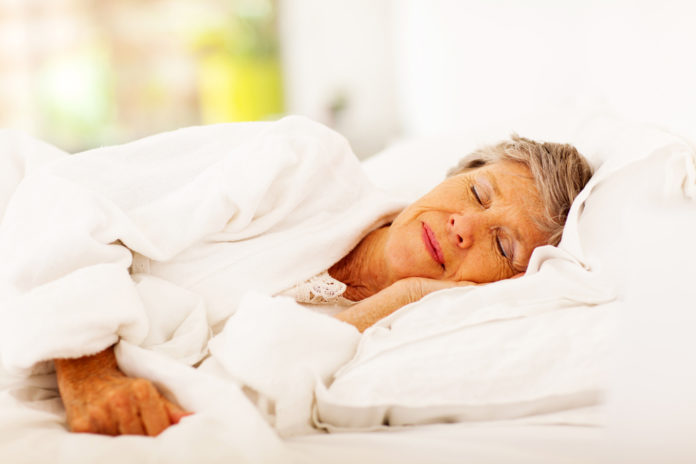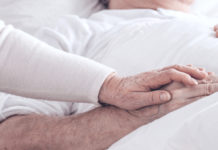The answer to the question is truly multifaceted and varied between seniors. There are numerous causes of why seniors might be experiencing irregular sleeping patterns or snoozing throughout the day. Considerations of such variability include:
A Poor Night’s Sleep
Seniors who sleep throughout the day are not necessarily always adding onto night time hours, but rather compensating for them. Although the reasons for a poor night’s sleep are abundant as expressed below, elderly may feel more tired due to inadequate sleep throughout the night.
Alzheimer’s Disease or Dementia
Brain changes are the cornerstone of Alzheimer’s disease and dementia, largely affecting senior’s behaviors and feelings. Most often such alterations cause disinterests for daytime activities, ultimately resorting to finding comfort in a pillow and blanket.
Medications
While medications provide benefits to health and are oftentimes necessary, they also come with side effects. A wide variety of prescriptions (including antibiotics, antidepressants, and diuretics) may result to fatigue itself or restlessness and sleep disturbances, leading to inadequate sleep during nighttime hours.
Boredom
Elderly may be sleeping through daytime hours related to boredom. Whether it be chronic pain diminishing the desire to move or poor eyesight to read books or complete puzzles, the disconnect between activity and interest leaves empty space. To fill that voided time, senior may snooze the day away instead.
Depression
Depression can affect anyone, including the elderly. Interestingly, the link between depression and sleep deprivation is two sided: Depression may cause sleep problems and sleep problems may cause depressive disorders or characteristics. In fact, insomnia is a hallmark symptom of clinical depression.
Elderly Sleep Tips
Discourage Naps
Setting regular times for sleep can reduce elderly from sleeping too much throughout the day. Try to restrict naps altogether, especially in the afternoon, or limit them to approximately 20 minutes if absolutely needed.
Encourage Daytime Activities
With naptime out of the picture or reduced, available time throughout the day is offered. Fill the clock with daily activities either at home or at a Senior Center. Adult daycares are up and rising, offering seniors fun activities and a sense of belonging in a community setting.
Reduce Stimulants
Though sipping on afternoon coffee may be routine, caffeine can inhibit normal sleeping patterns come nightfall. Other cautions include foods high in sugar, chocolate, tea, and soft drinks. If possible, try to limit such products after midmorning hours and stick to decaffeinated products. Additionally, limit sweet treats and stick to naturally sweetened fruits to reduce the risk of those “sugar highs,” only to follow with a crash.
Promote A Relaxed Environment
The body responds greatly to lighting, generally waking come sunlight and snoozing come sunset or nighttime hours. To assist in the body’s natural sleep-wake cycles, try to offer natural lighting throughout the day or mimic it with ceiling lights or lamps. Leading up to nighttime, shut the curtains and dim lighting to stimulate the body’s natural sleep cycle.
Ultimately, best assisting to elderly sleeping pattern starts by identifying the underlying cause. Consulting with an experienced physician can further address and build a treatment plan to accommodate your loved one’s needs.






